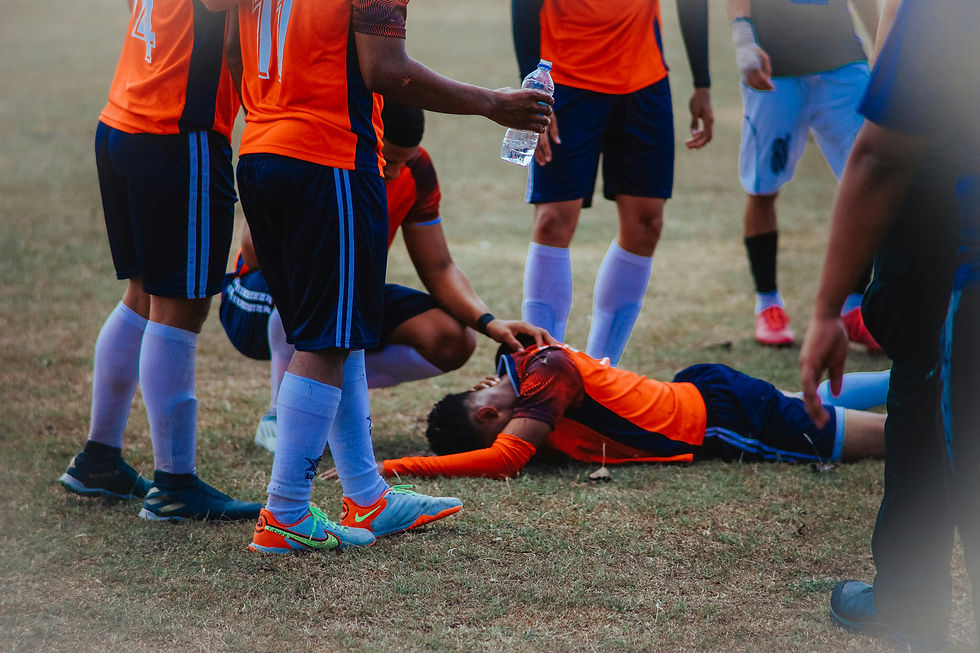

7 Signs Talk Therapy Isn’t Enough for Trauma Recovery
Explore the benefits of Talk Therapy for understanding emotions and thoughts, including overcoming trauma and healing effectively.


Tadalafil and Hormone Health: does tadalafil increase testosterone?
Explore the connection between Tadalafil and Testosterone, and how they impact circulation and hormonal balance.


Understanding TMJ Disorders and Modern Approaches to Relief
Explore TMJ disorders and their impact on daily life. Discover effective modern treatments to alleviate jaw and facial discomfort.


Why Psychological Literacy Is Becoming Essential for Modern Healthcare Leaders
Explore the importance of psychological literacy for effective healthcare leadership in today's challenging environment.


Ice Vest and Mindfulness: How Body Temperature Influences Relaxation
Learn how an ice vest can enhance your comfort in hot conditions and improve your relaxation and well-being.


Is Anxiety Genetic? How Your DNA Affects Stress Response
Explore whether anxiety is genetic or influenced by life experiences. Discover how DNA affects stress responses and emotional balance.


The Role of Integrated Medicine in Treating Chronic Back Pain Naturally
Learn how integrated medicine combines effective treatment and therapies for lasting relief from chronic back pain.


Understanding Chronic Pain and the Role of Multidisciplinary Therapy in Long-Term Relief
Explore the benefits of multidisciplinary therapy for chronic pain management, combining expert care for effective healing.


Why Postpartum Self Care Is About More Than Just Rest
Explore postpartum self care strategies for new mothers. Learn how to address physical changes and enhance emotional well-being.






